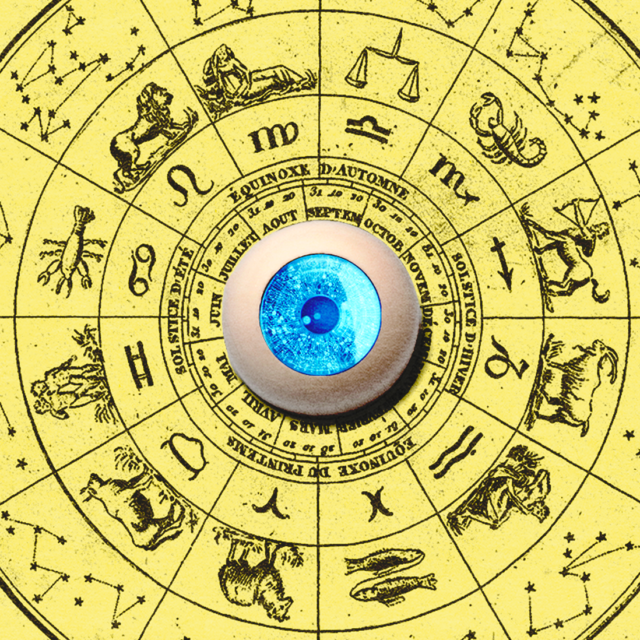The Atlantic, December 2023
The first thing I ask Banu Guler, the founder of the astrology app Co–Star, is whether she can read my chart. We swap phones to look at each other’s profile. After we put our devices aside, she scrawls my astrological chart from memory into her notebook, a circle bisected by various lines like an erratically cut pie. It’s not looking good. There’s a 90-degree square between my sun and my Mars, which is, she lowers her voice and chuckles, “rough.” Apparently, it’s the shape that represents “sad and temporary.”
Since its launch in 2017, Co–Star has contributed to a resurgence of Western astrology. The company claims that it’s home to 30 million registered accounts; a third-party analysis from data.ai shows that nearly 800,000 people use the app in a given month. Co–Star offers daily predictions about your life, arbitrary “Do” and “Don’t” lists that dictate how you should go about your day, and charts that tell you how compatible you are with your friends. Its language fluctuates between direct and vague, much of it coated in a candy shell of snark.




